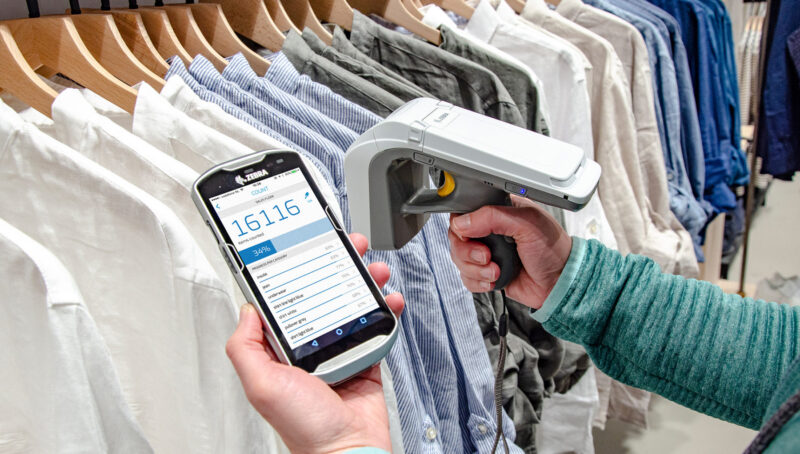RFID for retail is revolutionizing the way businesses manage inventory and enhance customer experiences. Imagine walking into a store, picking up your favorite items, and walking out without waiting in long checkout lines. This seamless shopping experience is becoming a reality thanks to RFID technology.
Retailers worldwide are adopting RFID to track products with precision, prevent stock shortages, and reduce human errors. From clothing brands to supermarkets, this technology is helping stores streamline operations and boost customer satisfaction.
Key Points:
- RFID improves inventory management and customer experiences.
- It prevents stock shortages and reduces human errors.
- Faster checkouts enhance customer satisfaction.
- RFID strengthens security and loss prevention.
- Personalized shopping becomes more accessible with RFID.
RFID for retail: A powerful tool for inventory management
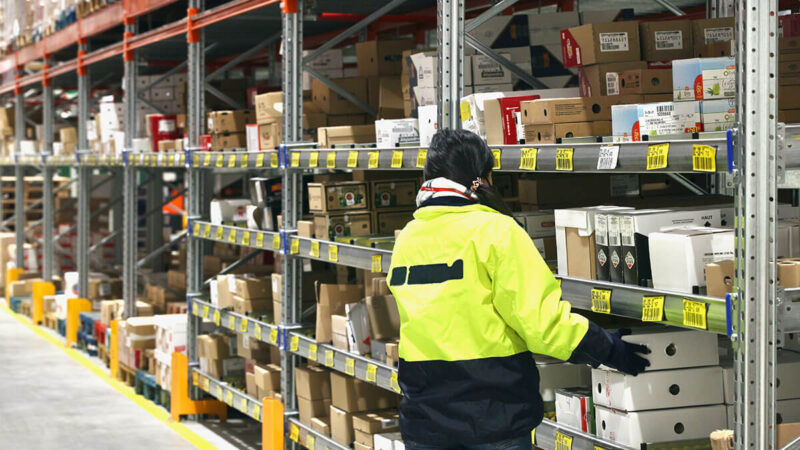
One of the biggest headaches for retailers is keeping track of stock levels. Traditional barcode systems require scanning items individually, leading to inefficiencies and errors. RFID tags, on the other hand, allow retailers to scan multiple products at once, providing real-time visibility into inventory.
With accurate stock tracking, businesses can prevent overstocking and understocking, ensuring shelves are always filled with the right products. This translates to higher sales and fewer lost opportunities. Plus, employees can spend less time scanning barcodes and more time assisting customers.
RFID for retail enables retailers to locate misplaced inventory within seconds. Rather than searching manually, staff can use RFID scanners to pinpoint items, improving efficiency and saving valuable time.
Faster checkout for a frictionless shopping experience
Nobody enjoys standing in long checkout lines. RFID speeds up the process by enabling automatic scanning of multiple products at once. Instead of manually scanning each barcode, RFID readers detect all tagged items in a customer’s cart instantly. This means faster transactions, happier customers, and increased sales.
Self-checkout stations integrated with RFID also reduce labor costs and improve store operations. Customers simply place their items in a designated area, and the system calculates the total instantly. This eliminates human errors, enhances convenience, and makes shopping more enjoyable.
Enhancing loss prevention with RFID technology
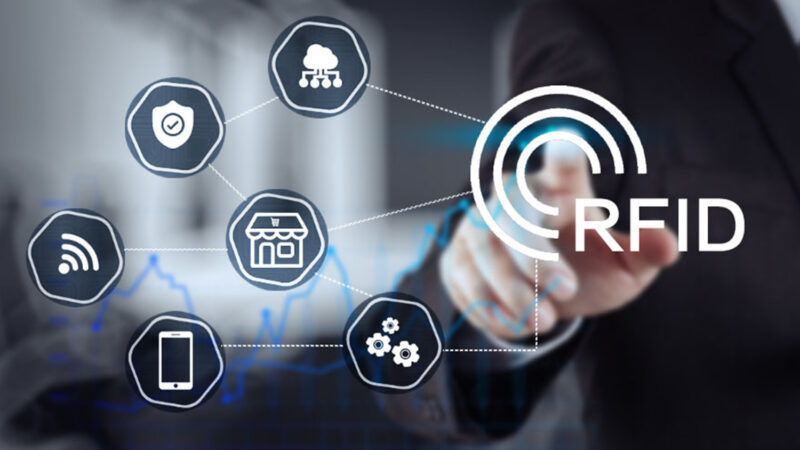
Retail theft is a major issue, causing billions of dollars in losses annually. RFID technology helps tackle this problem by providing advanced security measures. Unlike traditional barcode-based systems, RFID tags can trigger alarms if unpaid items pass through exit points.
Additionally, RFID allows retailers to monitor stock movement in real time, identifying unusual patterns that may indicate theft or fraud. By integrating RFID with surveillance cameras and security systems, retailers can create a more secure shopping environment.
Boosting customer engagement with personalized shopping
RFID technology isn’t just about inventory management—it also enhances customer experiences. Retailers can use RFID-enabled smart mirrors and fitting rooms to provide personalized recommendations based on the items a customer tries on. For example, if a shopper picks up a pair of jeans, the screen can suggest matching tops or accessories.
RFID also powers loyalty programs by linking customer purchases to personalized offers. Instead of using physical membership cards, customers can enjoy seamless rewards and discounts through their RFID-enabled profiles.
Case study: How major retailers are leveraging RFID
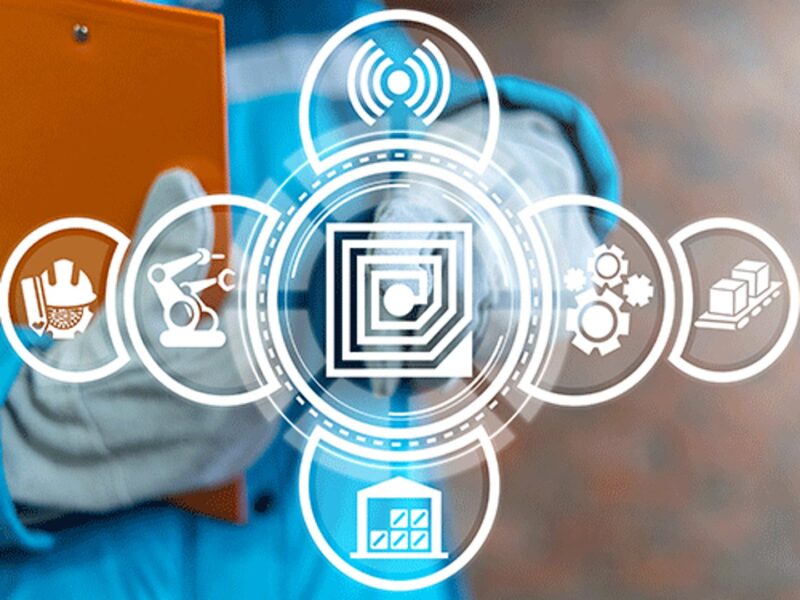
Several global brands have successfully implemented RFID to transform their operations. For instance, a leading fashion retailer reduced inventory counting time by 96% after switching to RFID. By tagging each item, they could conduct accurate stock audits within minutes rather than hours.
Another example is a high-end department store that implemented RFID-powered checkout lanes. Customers could complete their purchases in seconds without scanning barcodes manually, leading to shorter lines and higher satisfaction rates.
Key Benefits of RFID Implementation
Implementing RFID in retail offers a range of benefits that go beyond basic inventory management:
- Increased Sales Efficiency: Faster checkouts reduce waiting times, encouraging more purchases.
- Improved Stock Accuracy: Real-time tracking prevents overstocking and stockouts.
- Enhanced Customer Experience: Personalized recommendations boost customer satisfaction.
- Stronger Security Measures: Advanced tracking helps detect theft quickly.
- Cost Savings: Reduced labor costs and fewer human errors.
How to Successfully Integrate RFID in Your Store
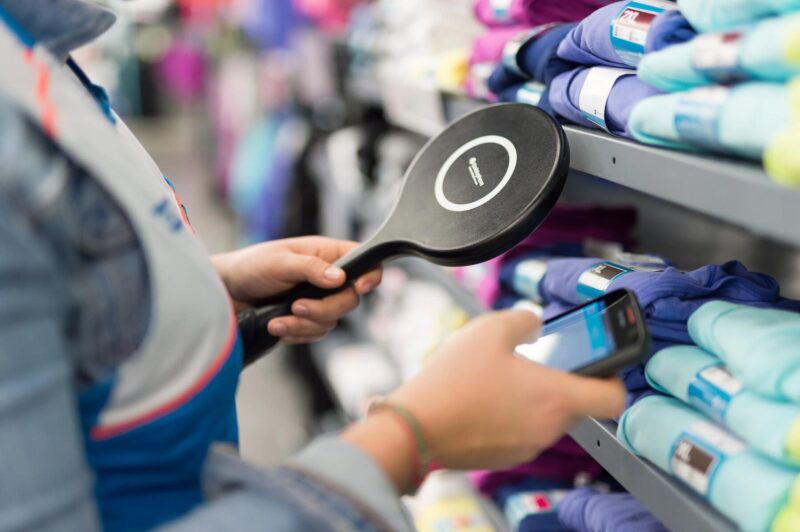
To make the most out of RFID technology, follow these steps:
- Assess Your Needs: Identify specific areas where RFID can improve efficiency.
- Choose the Right Technology: Select RFID tags and readers that suit your products.
- Train Your Staff: Ensure employees understand how to use RFID tools effectively.
- Integrate with Existing Systems: Make sure RFID works seamlessly with your current inventory and POS systems.
- Monitor and Optimize: Regularly review performance data to make necessary adjustments.
Comparing RFID with Traditional Barcode Systems
| Feature | RFID Technology | Traditional Barcodes |
| Scanning Method | Multiple items simultaneously | One item at a time |
| Efficiency | High | Moderate |
| Accuracy | Real-time tracking | Manual input, prone to error |
| Security | Advanced theft prevention | Basic tracking only |
| Cost | Higher initial investment | Lower upfront cost |
The Role of RFID in Supply Chain Optimization
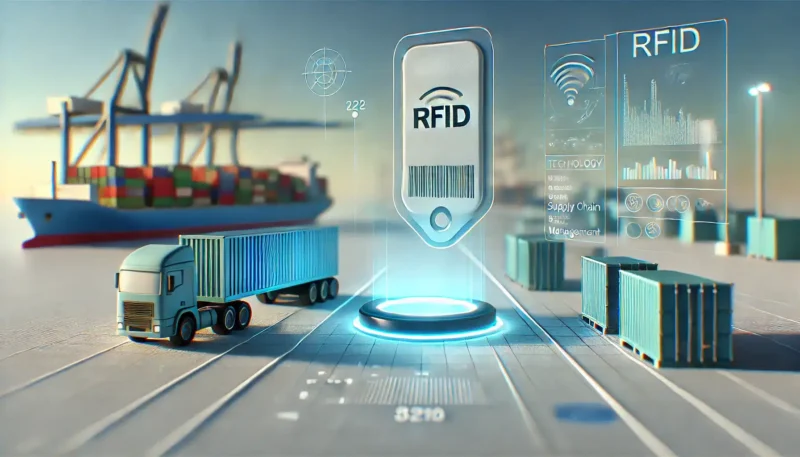
RFID extends beyond retail floors, playing a crucial role in supply chain management:
- Real-Time Tracking: Monitor products from warehouse to store.
- Reduced Shrinkage: Prevent loss during transportation.
- Faster Restocking: Automate inventory updates for quick replenishment.
- Streamlined Logistics: Improve coordination across suppliers and distributors.
The future of RFID in retail
As technology advances, RFID adoption will continue to grow. More retailers are investing in smart shelves that automatically update inventory levels, preventing stockouts and missed sales. The integration of RFID with AI and data analytics will provide deeper insights into consumer behavior, helping businesses make smarter decisions.
With 5G and IoT innovations, RFID will become even more powerful, enabling real-time tracking of products across supply chains. Retailers that embrace this technology today will stay ahead of the competition and provide superior shopping experiences.
Final thoughts
RFID is redefining the retail landscape, offering solutions that improve inventory accuracy, enhance security, and accelerate checkout times. For businesses looking to streamline operations and elevate customer satisfaction, investing in RFID is a game-changer. By adopting this cutting-edge technology, retailers can create seamless, efficient, and personalized shopping experiences that keep customers coming back.
Additionally, as RFID continues to evolve, it will unlock even more opportunities for innovation and growth in the retail industry.
Related Posts:
- 5 Exciting 5G Use Cases and Their Future Network Impact
- How Slot Machine Line Configurations Impact Payouts…
- Why Modern Desk Designs Optimize Your Workspace for…
- How Modern Cutlery Has Evolved in Kitchen Tools…
- Mapping the Modern World ─ The Technologies Behind…
- Game-Changing Features in Modern Sports Betting Apps

